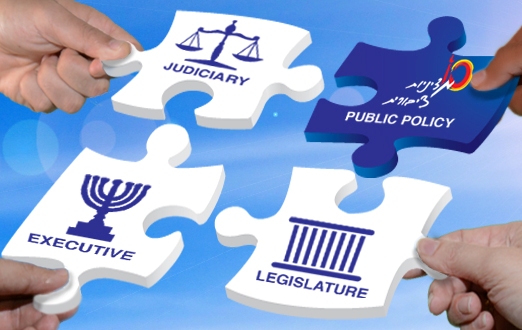Profil Pranata Sosial Komunitas Suku Nuaulu
(Studi Kehidupan Sosial Budaya Masyarakat Negeri Nua Nea Maluku Tengah)
DOI:
https://doi.org/10.51135/PublicPolicy.v2.i2.p188-205Keywords:
Social Institutions, Nuaulu Tribe CommunityAbstract
ABSTRACT
Social institutions are rules that apply in regulating human behavior in acting based on considerations of norms and values that live in the life of society. This study aims to determine the existence and benefits of socio-cultural institutions in the Nuaulu tribe community. Data collection techniques with observation and in-depth interviews. Research informants came from elements of the state government, traditional leaders, youth leaders, educators and community leaders.
The results of the data analysis concluded that hereditary customs strongly influenced the life of the Nuaulu people with the loyalty of the people in carrying out the prevailing institutions. The economic system and the community's livelihood system are farming, processing sago, gathering and laboring. The socio-cultural institutional arrangements are in the form of an adult ceremony for boys (Brokeneri), an adult ceremony for girls (pinamou), a wedding ceremony, a pregnancy ceremony, a birth ceremony, a haircut ceremony (tihtikuau) and a funeral ceremony. The structure of the kinship system is a patrilineal (male lineage) and it is not required to have intermarriage. Religious institutions and beliefs are tribal religions. Educational institutions, knowledge, and technology are based on experience (local knowledge) from generation to generation, and children of school age have attended various levels of education to tertiary education.
Keywords: Social Institutions, Nuaulu Tribe Community.
Downloads

Downloads
Published
How to Cite
Issue
Section
License
Authors whose manuscripts are published in the Journal of Public Policy must agree to the following terms;
- Publication rights for all manuscript materials published are held by the editorial board with the author's consent.
- The legal formalities for digital access to the Journal of Public Policy are subject to the Creative Commons Attribution Sharealike (CC BY SA) license, which means the Journal of Public Policy has the right to store, redistribute, reformat, manage in a database, maintain, and publish the manuscript without seeking permission from the author as long as the author's name is included as the copyright owner.
- Published manuscripts are open access for the purpose of disseminating research results. Besides this purpose, the editorial board is not responsible for copyright law violations.


.png)



